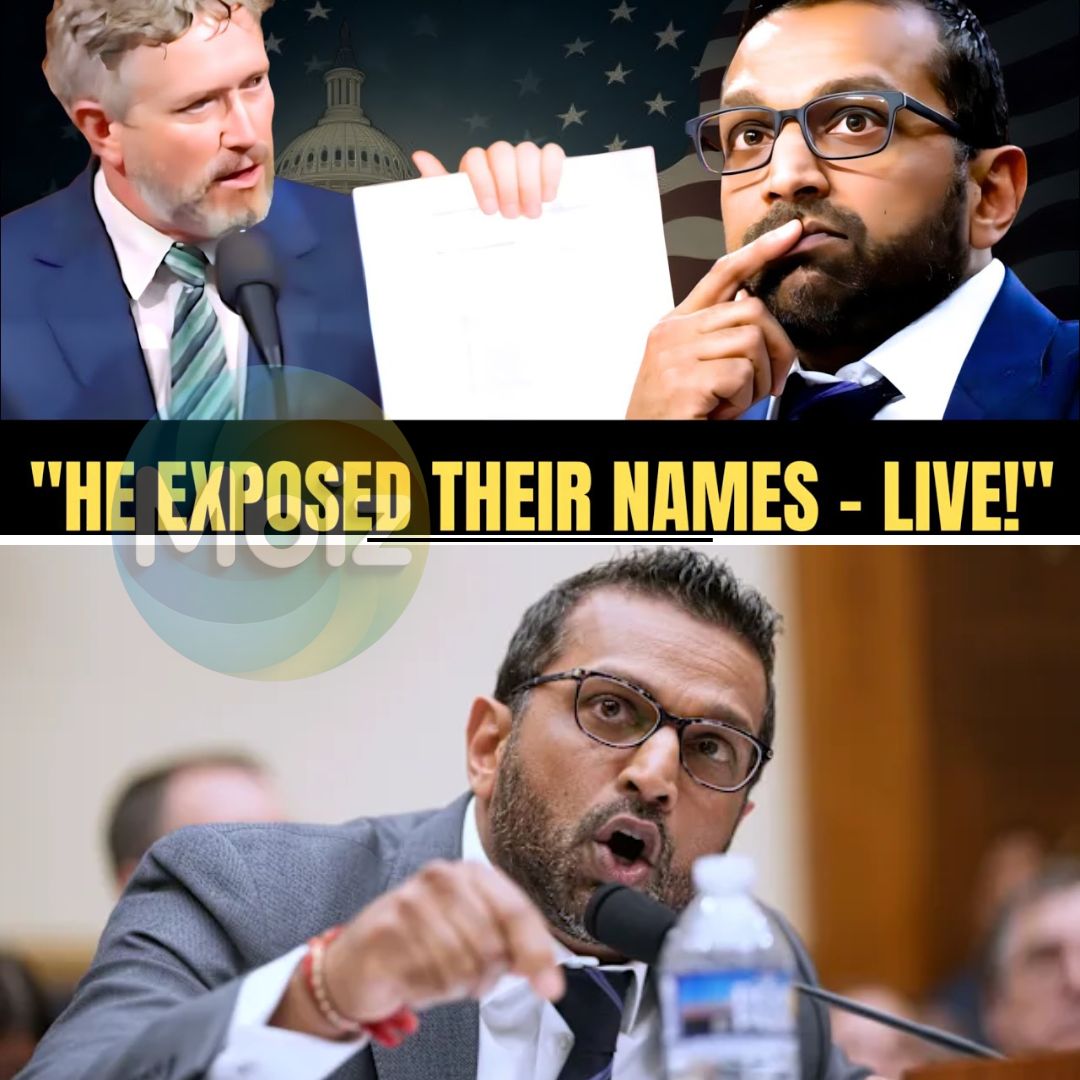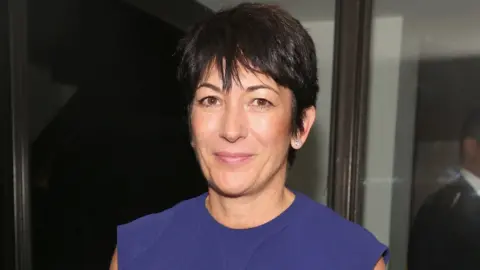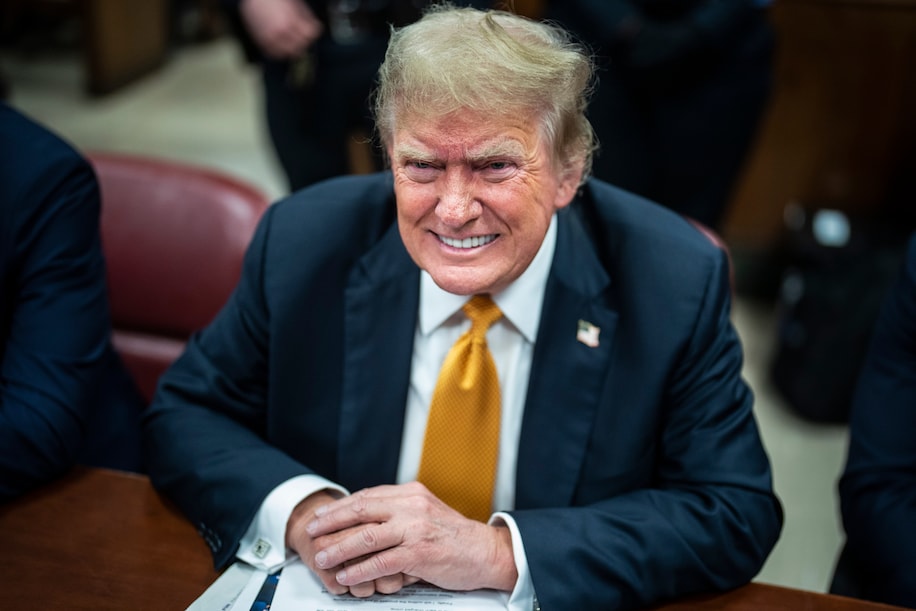In a shocking turn of events during a live congressional hearing, Congressman Thomas Massie exposed a web of powerful connections tied to the late Jeffrey Epstein, leaving FBI Director Patel visibly shaken and silent. As Massie read out names of billionaires, royals, and influential figures linked to Epstein, the implications of his revelations sent ripples through Washington, raising urgent questions about accountability and transparency in high places.
 The hearing, which centered on the long-buried Epstein files, took a dramatic twist when Massie challenged Patel directly about the FBI’s handling of evidence implicating at least 20 powerful men in Epstein’s trafficking operations. These included high-profile individuals from finance, politics, and entertainment, with victims’ testimonies and FBI documents suggesting a systematic cover-up to protect the elite. “You know something bigger is being hidden,” Massie declared, capturing the moment’s gravity as he laid bare the stark reality of a network that extends far beyond Epstein himself.
The hearing, which centered on the long-buried Epstein files, took a dramatic twist when Massie challenged Patel directly about the FBI’s handling of evidence implicating at least 20 powerful men in Epstein’s trafficking operations. These included high-profile individuals from finance, politics, and entertainment, with victims’ testimonies and FBI documents suggesting a systematic cover-up to protect the elite. “You know something bigger is being hidden,” Massie declared, capturing the moment’s gravity as he laid bare the stark reality of a network that extends far beyond Epstein himself.
For years, the Epstein saga has been mired in secrecy, with investigations hampered by redactions and non-prosecution agreements. Yet, on this day, Massie did what few have dared: he named names. Among those mentioned were high-ranking officials and billionaires, including former Barclays CEO Jess Staley and an unnamed royal, all of whom allegedly received victims from Epstein. The FBI director’s responses were evasive, revealing a bureaucratic maze that obscured the truth rather than illuminated it. “No credible information,” Patel repeated, a mantra that sounded increasingly hollow in the face of mounting evidence.
 Massie’s relentless questioning highlighted a disturbing pattern of deflection and denial from the FBI, raising chilling questions about who truly holds the power to shield the guilty. The congressman pressed Patel on whether investigations had been launched into these individuals, only to be met with bureaucratic jargon that failed to address the urgency of the situation. “Those constraints only apply to the Southern District of Florida,” Patel admitted, indicating that legal barriers for new investigations in New York were nonexistent. This revelation underscored a troubling choice by authorities to ignore credible leads and protect those in positions of power.
Massie’s relentless questioning highlighted a disturbing pattern of deflection and denial from the FBI, raising chilling questions about who truly holds the power to shield the guilty. The congressman pressed Patel on whether investigations had been launched into these individuals, only to be met with bureaucratic jargon that failed to address the urgency of the situation. “Those constraints only apply to the Southern District of Florida,” Patel admitted, indicating that legal barriers for new investigations in New York were nonexistent. This revelation underscored a troubling choice by authorities to ignore credible leads and protect those in positions of power.
As the hearing unfolded, the implications of Epstein’s connections to intelligence agencies became increasingly evident. A document cited by Massie revealed that former Labor Secretary Alex Acosta was told to leave Epstein alone because he was “tied to intelligence.” This assertion poses a terrifying question: if Epstein was indeed linked to covert operations, what else is being hidden, and who benefits from this continued silence?
The exchange between Massie and Patel was not just a confrontation of facts; it was a challenge to the very foundations of accountability in America. The names of the powerful remain shielded, while survivors like Virginia Roberts Euprey, who bravely brought the story to light, continue to see their truths buried under layers of legalese and institutional inertia.
This pivotal moment in Congress serves as a wake-up call, urging the public to demand transparency and accountability. As Massie laid out the evidence, it became clear that the walls of silence are beginning to crack. Yet, for real justice to occur, the files must be opened, the redactions lifted, and those who enabled Epstein’s network held accountable.
The Epstein case is not merely an isolated scandal; it is a reflection of how power operates to protect its own. As the hearing concluded, one question lingered in the air: how long will the truth remain buried? The urgency of this moment cannot be overstated. The public must remain vigilant, demanding answers and refusing to allow the powerful to rewrite history. The fight for justice is far from over, and it begins with each of us refusing to look away.






